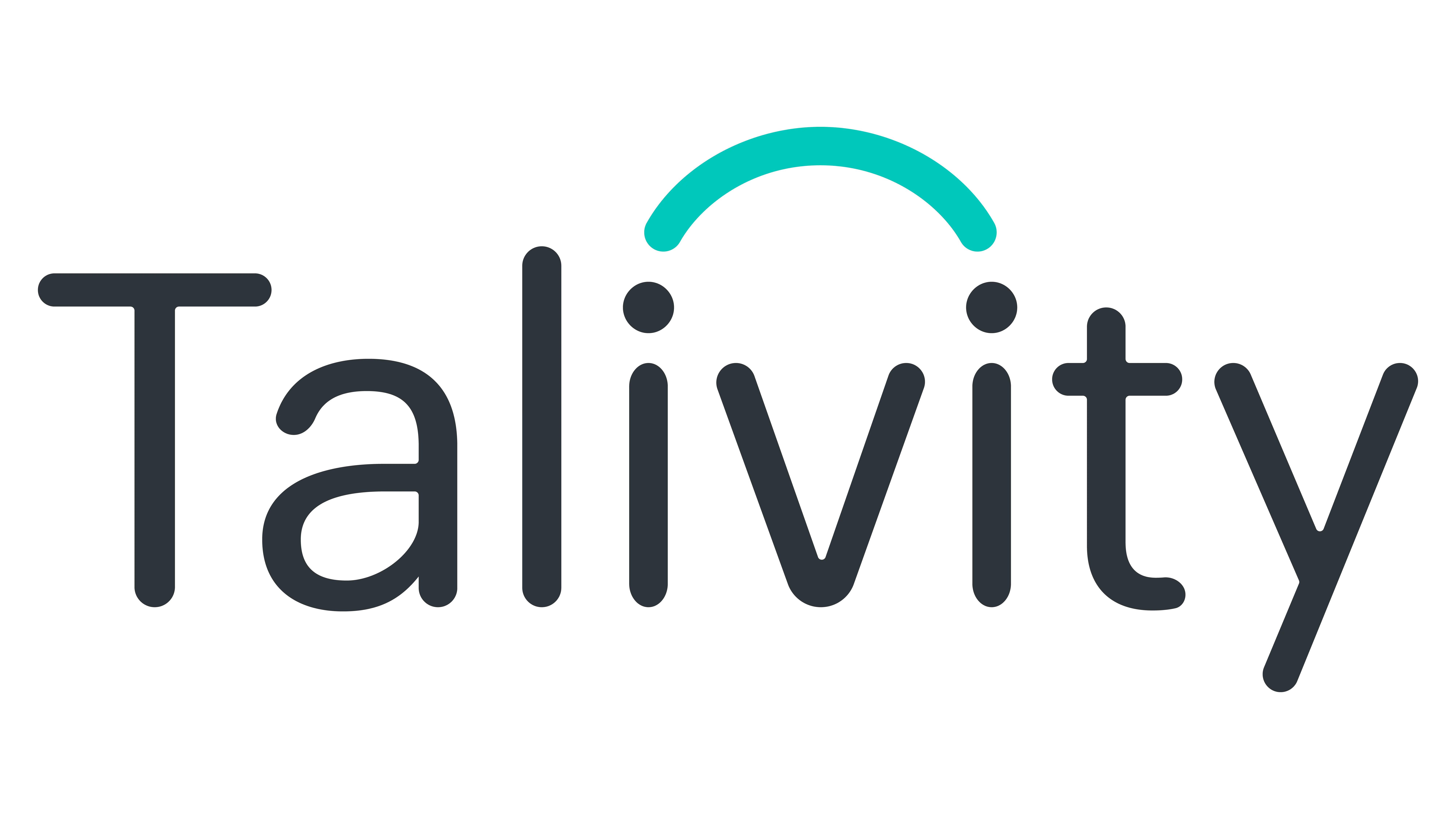Find the right solution for your business.
Explore SolutionsFrom NYC to EEOC: AI hiring laws are tightening. Protect your company from becoming the next legal headline. Sign up for our FREE De-Risking AI in Hiring event here.
Proponents of generative AI tools like ChatGPT have promised it will revolutionize the way we work—recruitment included. While they’re not wrong, you must remember our use of AI is still in its relative infancy. The recent lawsuit against Workday serves as a reminder of the complexities and challenges that come with integrating artificial intelligence into talent acquisition.
It even has some questioning if we’re really ready for AI in recruitment. It may be a bit extreme—but there is cause for caution.
If this tech is truly going to spark the next evolution in the industry, we must understand both the potential and the pitfalls of recruitment AI technologies.
Workday Faces First Major AI Discrimination Lawsuit
Workday, a behemoth in enterprise cloud applications, is facing a class-action lawsuit alleging that its AI-powered hiring tools perpetuate bias against Black, disabled and older applicants. The lawsuit claims that Workday’s algorithms systematically exclude certain demographic groups, violating civil rights laws. This legal battle exposes a business-critical issue: the inherent risk of bias in AI-driven hiring processes.
The crux of the case lies in the alleged discrimination embedded within the AI models used by Workday. The plaintiffs argue that the AI was trained on historical data, which inherited and amplified existing biases. This lead to discriminatory outcomes.
While Workday has denied these allegations, the EEOC’s amicus brief is clear in its position that all parties, including vendors, have liability when it comes to bias as a result of the use of AI. Initial guidance has been released and it is likely more guidance is forthcoming. Ultimately, the lawsuit underscores the importance of transparency, accountability, and fairness in AI applications within recruitment.
The Promise and Peril of AI in Recruitment
AI has been heralded as a game-changer in recruitment. Proponents offer the promise of efficiency, scalability and enhanced candidate matching. However, as the Workday lawsuit illustrates, these benefits come with significant responsibilities.
We must recognize that AI is not infallible. The technology is only as unbiased as the data and algorithms that power it. Without rigorous checks and continuous monitoring, AI can inadvertently perpetuate and even reinforce existing organizational biases, leading to legal and ethical challenges (Forbes).
For organizations leveraging AI in their recruitment processes, this lawsuit is an important reminder to prioritize fairness and inclusivity. This means going beyond simply deploying AI tools and investing in the ongoing evaluation of their impacts.
Regular audits of AI systems, transparency in the AI decision-making process, and the inclusion of diverse data sets are required steps to mitigate the risks of bias. This ensures AI serves as a force for good in recruitment.
Best Practices for Ethical AI Deployment
To navigate the complexities of AI in recruitment, consider the following best practices:
- Diverse and Inclusive Data Sets: Ensure that the data used to train AI models is representative of the entire population. This reduces the risk of biases being embedded in the AI’s decision-making processes (HR Executive).
- Regular Audits and Monitoring: Continuously evaluate AI systems to identify and correct biases. Regular audits can help organizations stay ahead of potential issues and adapt to changes in data and societal norms (Business Insider).
- Transparency and Accountability: Clearly communicate how AI tools make decisions. Providing candidates with explanations of AI-driven decisions can help build trust and ensure fairness .
- Human Oversight: AI should augment, not replace, human judgment in recruitment. Maintaining a balance between AI-driven insights and human decision-making ensures that final hiring decisions are fair and aligned with organizational values .
The Workday lawsuit is a wake-up call for the entire industry. AI is only going to become more ingrained in our daily tools. Take proactive steps to ensure that your deep machine learning and AI tools are used both ethically and responsibly.
By prioritizing fairness, inclusivity and transparency, you can create a more equitable and effective recruitment process while also saving time and improving your pipeline.
Do you have systems and processes in place to ensure fair and equitable AI-assisted hiring practices? Let us know or better yet, contribute to our publication!
For more tools to help your employer brand and recruitment marketing efforts, visit our marketplace now. Happy hiring!
From NYC to EEOC: AI hiring laws are tightening. Protect your company from becoming the next legal headline. Sign up for our FREE De-Risking AI in Hiring event here.

